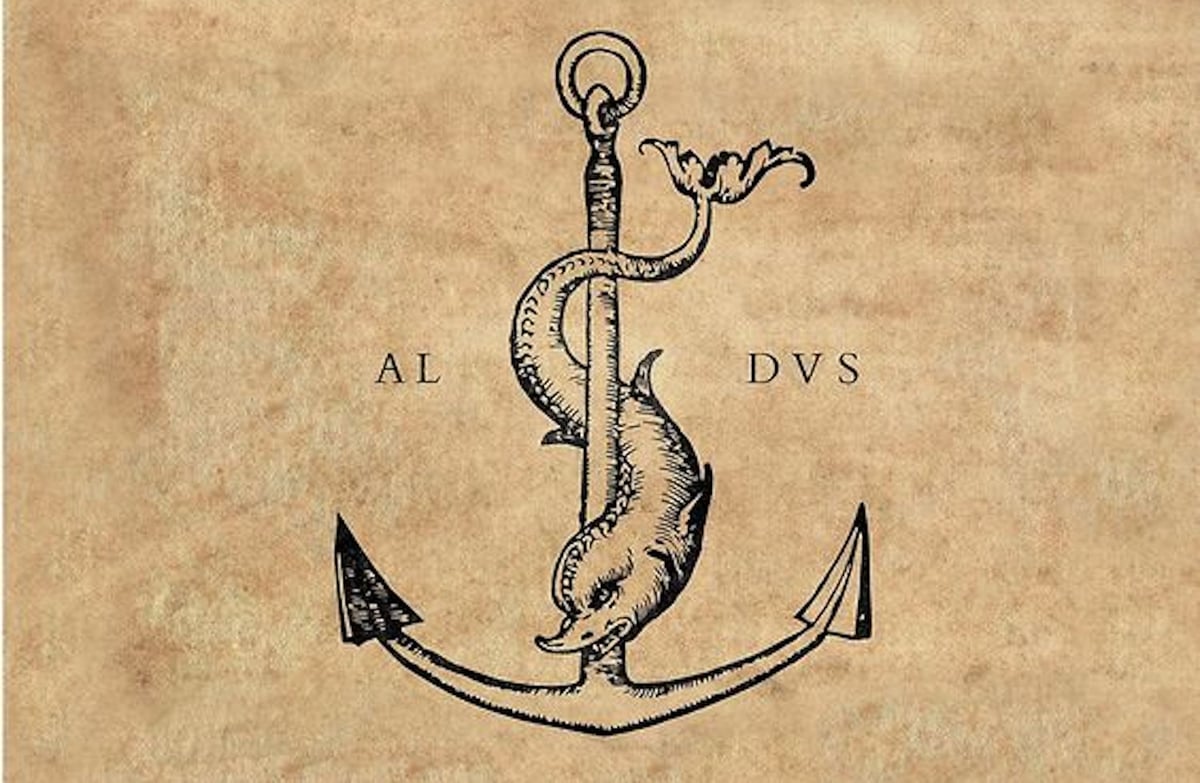What Is Digital Humanism?

In this century, most people use “humanist” to mean something like “atheist, but nice about it.” That’s not what I’m talking about. I’m thinking about Renaissance Humanism, but applied, updated, or translated to digital technology in the 21st century.
In the Renaissance, Humanism is a complicated umbrella term for different, sometimes contradictory intellectual movements. The most consistent attributes in these humanists are these three things:
- they were really into old books and manuscripts, the weirder the better;
- they tried hard to save and preserve these texts;
- they worked hard to disperse these texts and the ideas inside them to as many people as possible.
And once the printing press came along, they were off to the races.
Aldus Manutius might be my favorite humanist who didn’t write very much. He edited and published classical texts in slim, portable, affordable printed volumes, and invented or popularized a bunch of typographical conventions, like italics, commas, and semicolons.
In the metaphor of the all-in-one machine, Humanists were first and foremost scanners. They translated knowledge from one technology, and its attendant modes of thinking, into another. They took old things and made them new.

[From Planetary by Warren Ellis, John Cassaday, and Laura Martin]
All of the genuinely great works of the 21st century have been acts of digital humanism. And of those works, three stand out as the purest and maybe the best, both to me and (in their suggestions) the readers of Kottke.org.
Wikipedia, Google Books, and The Internet Archive. These three projects, imperfect as they are, are the best attempts we’ve made to save what we know and make it available in new forms to as many people as possible.
Here are some other projects that readers mentioned:
- Project Gutenberg offers free digital copies of books in the public domain.
- RECAP makes public legal documents more accessible to nonlawyers.
- UbuWeb is a digital archive of writing and other art that leans conceptual or avant-garde.
- Newgrounds is a Flash games and animation site I spent way too much time on in the mid-2000s.
- The Internet Review is a project that reviews web trends and events from the year before and turns them into a printed book, and was a big influence on this idea of a time capsule for the web. (More of a “print” than a “scan.”)
- Colossal is a visual culture blog with an emphasis on handmade art and design.
- Pastebin stores code and other text for easy sharing.
- Pinboard is a social bookmarking site that’s still independent and still going strong.
- Github is the best place to find and make open-source software.
- The Lively Morgue is a New York Times project to upload photos from its archives.
- The Electronic Frontier Foundation does the legal work to protect individuals and the commons’ digital rights.
- We’ve already talked about Flickr. And I’m sure we can list many more.
Every day, sometimes visibly and sometimes not, people work to save all of the things we’ve built on the web. It’s probably the most massive, audacious, unlikely project in the history of the written word. If we ever do build a time capsule for the internet, we’ll only have anything left to save because someone else worked to save it first.





Stay Connected